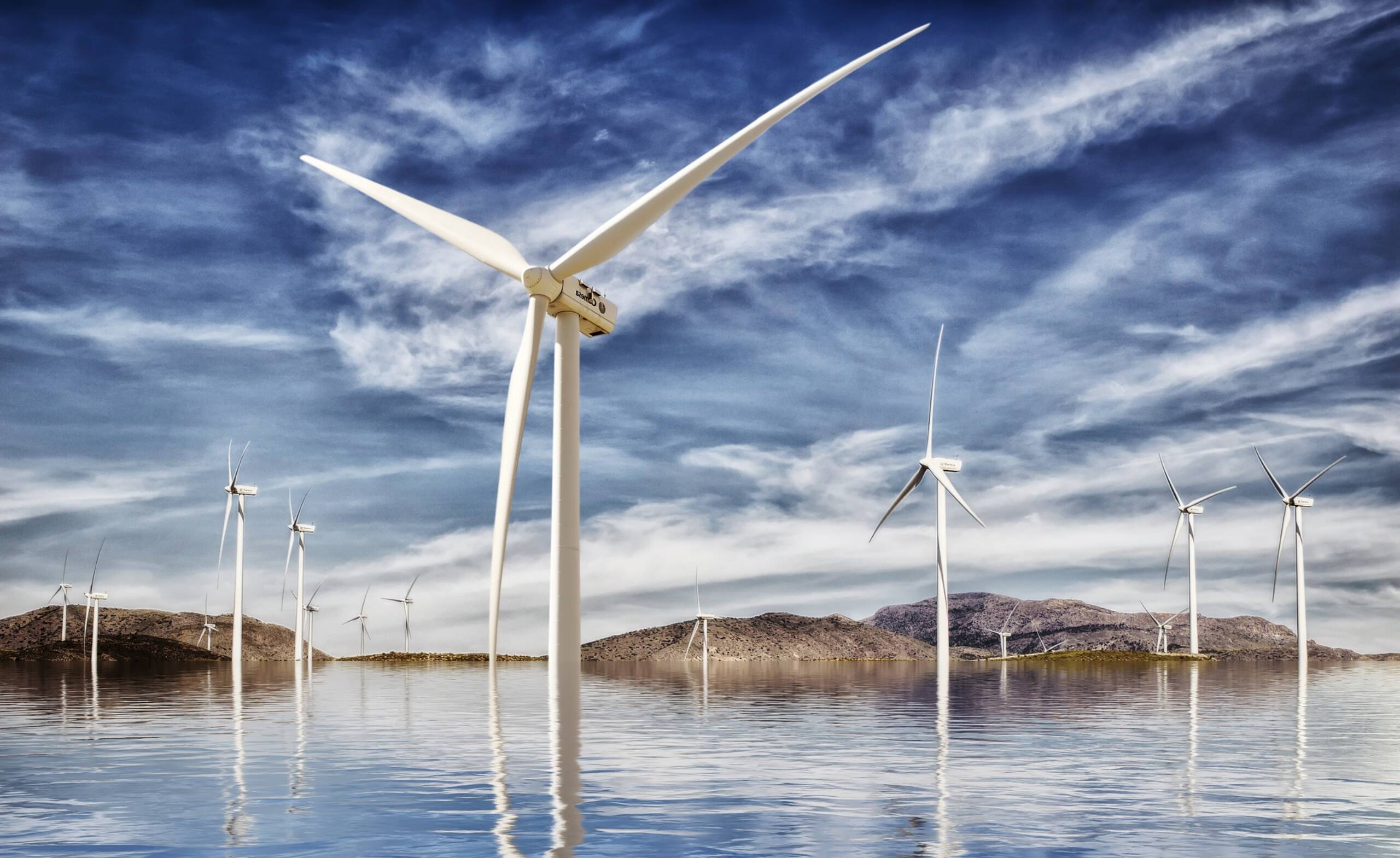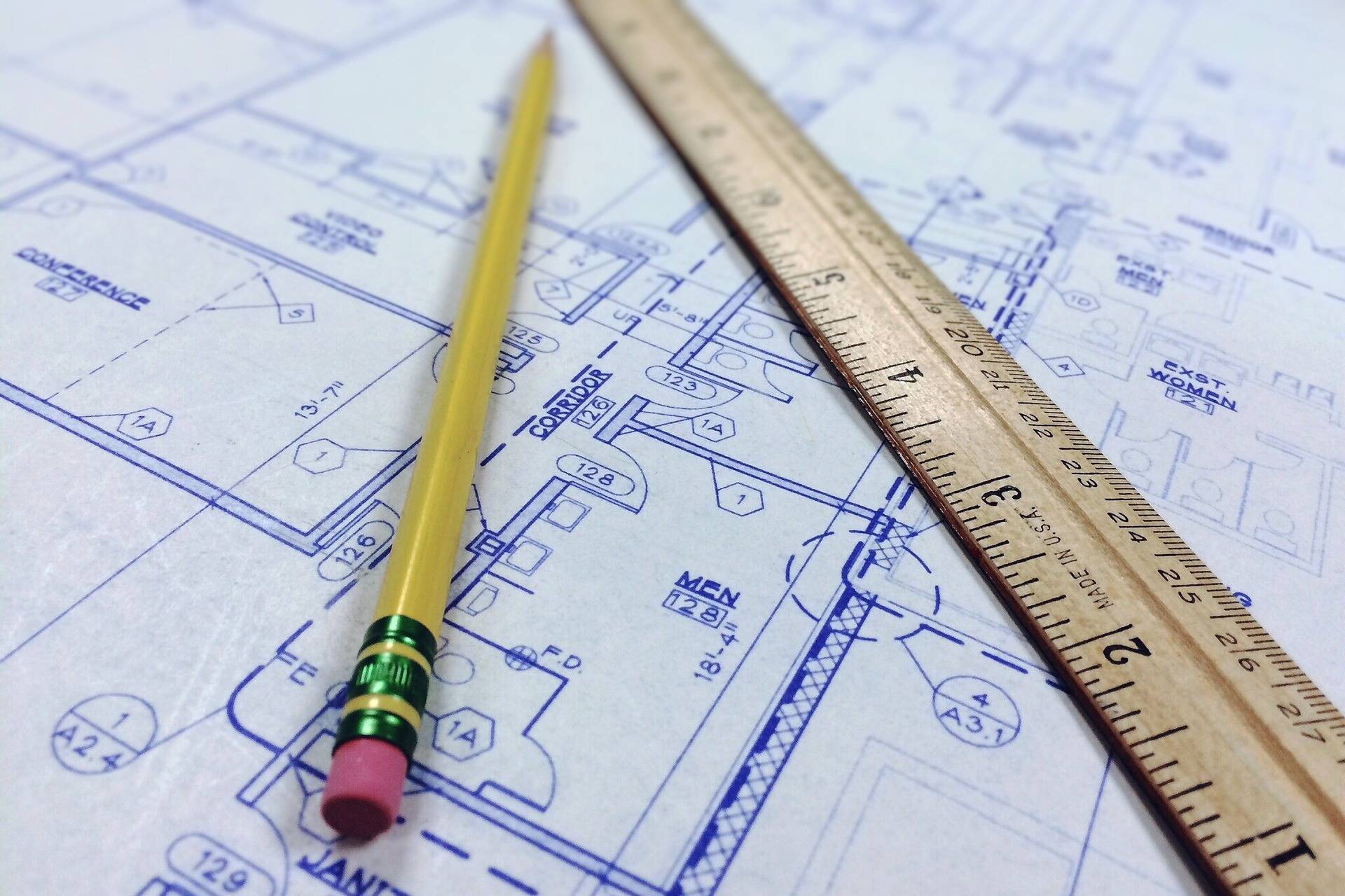You’ve reached your limit!
To continue enjoying Utility Week Innovate, brought to you in association with Utility Week Live or gain unlimited Utility Week site access choose the option that applies to you below:
Register to access Utility Week Innovate
- Get the latest insight on frontline business challenges
- Receive specialist sector newsletters to keep you informed
- Access our Utility Week Innovate content for free
- Join us in bringing collaborative innovation to life at Utility Week Live

Atkins’ Dr David Cole explains why a holistic approach is vital to navigating an ‘energy trilemma’ and mapping out what new capacity and infrastructure innovation will be required to meet the net zero challenge.
The UK’s net zero targets still loom ahead of us, yet six months of spiralling energy costs and the impact of conflict in Europe on international energy markets means that energy security and affordability are in far greater focus than any time over the last decade.
Yet the challenge to boost the resilience of our system must not de-prioritise the net zero challenge or come at the expense of energy costs. All three are interwoven in an ‘energy trilemma’.
So, what is the way forward?
A decade of delay
 While global events have compounded the current energy crisis, the UK’s current market conditions and an imbalanced energy system are the direct result of a decade of interventions and policies that have failed to take a whole system approach of managing and operating our energy supply.
While global events have compounded the current energy crisis, the UK’s current market conditions and an imbalanced energy system are the direct result of a decade of interventions and policies that have failed to take a whole system approach of managing and operating our energy supply.
This is underpinned by years of underinvestment in the UK’s energy infrastructure, and a failure to create an energy architecture that would be resilient, affordable, low carbon and long lasting. This needs to change, and change fast.
Security of supply cannot be achieved overnight – but a route towards a resilient energy system can begin straight away.
The vast challenge of decarbonising the UK power sector by 2035, while shifting society’s increasing needs heavily to electrification, means it is plain to see we will not only require unprecedented and rapid investment in new infrastructure but also a radically different approach in doing this at the pace required, while ensuring that the system will function well and fairly for all.
The clock is ticking
The UK Net Zero Strategy states that some 99% of future annual energy demand will need to be supplied by low carbon generation. Electrification of heat, transport and industrial processes is predicted to increase annual demand by 70% by 2035.
Getting there will require skillful management of a complex, interconnecting system and rapidly building known technologies at scale. It will involve devising and operating herculean increases in energy storage, far-reaching improvements to system flexibility and energy efficiency, and new energy assets that will be built, as the Net Zero Strategy itself acknowledges, “at, or close to, their maximum technical limit.”
Given the enormity of the challenge that lies ahead, and the time required to plan, build and connect new and massive energy infrastructure, our 13-year deadline might as well be tomorrow.
We must make this energy crisis a major turning point to shift from ambition to substantial action. Without an urgent shift towards a whole system approach, we simply will not be able to deliver the resilient, low carbon energy we need to make our transition to net zero and energy security achievable.
 We know that our net zero transition means more offshore wind farms, an updated and larger transmission and distribution system, a huge boost to both carbon capture and storage and hydrogen infrastructure and research and development, and more nuclear power plants and – crucially – all planned and delivered to ensure the infrastructure and technology is coordinated and balanced. This is a huge undertaking, but a programme that we cannot risk stalling. Energy assets we have relied on for many years are fast coming to their end of life.
We know that our net zero transition means more offshore wind farms, an updated and larger transmission and distribution system, a huge boost to both carbon capture and storage and hydrogen infrastructure and research and development, and more nuclear power plants and – crucially – all planned and delivered to ensure the infrastructure and technology is coordinated and balanced. This is a huge undertaking, but a programme that we cannot risk stalling. Energy assets we have relied on for many years are fast coming to their end of life.
To achieve this gargantuan task and put the UK’s net zero ambitions into actionable plans that embrace the entire energy system, we need to draw on real experience in designing, building, operating and decommissioning energy infrastructure as well as practical, engineering risk-based analysis to develop a plan that is deliverable.
An independent body that can do this – an energy system architect – is now needed. We need a pragmatic voice of reason, appointed with utmost urgency, to take on this challenge.
As a minimum, the energy system architect would develop a strategic plan for the energy system’s contribution to net zero around energy security, overall cost effectiveness, system operability, reliability, and risk.
The complexities and cost implications involved with balancing and managing our nationwide system are integral to this, to ensure long-term system optimisation. This architect would evaluate all potential delivery models and consider strategic risks to ensure mitigation strategies and alternative scenarios are created.
By holding and maintaining the definitive UK energy system model, they would also be best positioned to determine what new capacity and infrastructure is required, as well as development pathways for each technology identify where market reform and simplification will be required to deliver this.
 This architect blueprint will give us a coherent view of what new energy production sources are needed, and from there as a sector we can start drawing up our ‘to-do’ list for delivery – the urgent near-term plan – as well as the confidence that a cool, guiding mind at the helm is able to respond with dynamism and flexibility to changes in global and domestic energy generation, demand, and performance is vital too, and the possibilities that future technologies could deliver.
This architect blueprint will give us a coherent view of what new energy production sources are needed, and from there as a sector we can start drawing up our ‘to-do’ list for delivery – the urgent near-term plan – as well as the confidence that a cool, guiding mind at the helm is able to respond with dynamism and flexibility to changes in global and domestic energy generation, demand, and performance is vital too, and the possibilities that future technologies could deliver.
An action plan for net zero
Implementation of an independent body with a clear plan will guide the markets and provide confidence to invest in new assets and grow the high-performing businesses that will be required to decarbonise our society and provide energy security. This is what will create the resilient energy system of our future.
A cohesive, dynamic action plan for our transition to net zero is now a legally binding requirement, and a whole system approach is a mammoth challenge. But we now need a bold approach and, as world events continue to highlight, we need it quickly.
See this content brought to life at Utility Week Live, 17-18 May 2022 NEC Birmingham. FREE to attend for utilities. Register today
Delivering smart energy networks is one of the frontline challenges at the heart of Utility Week Live 2022’s live content programme. View the programme.

Please login or Register to leave a comment.